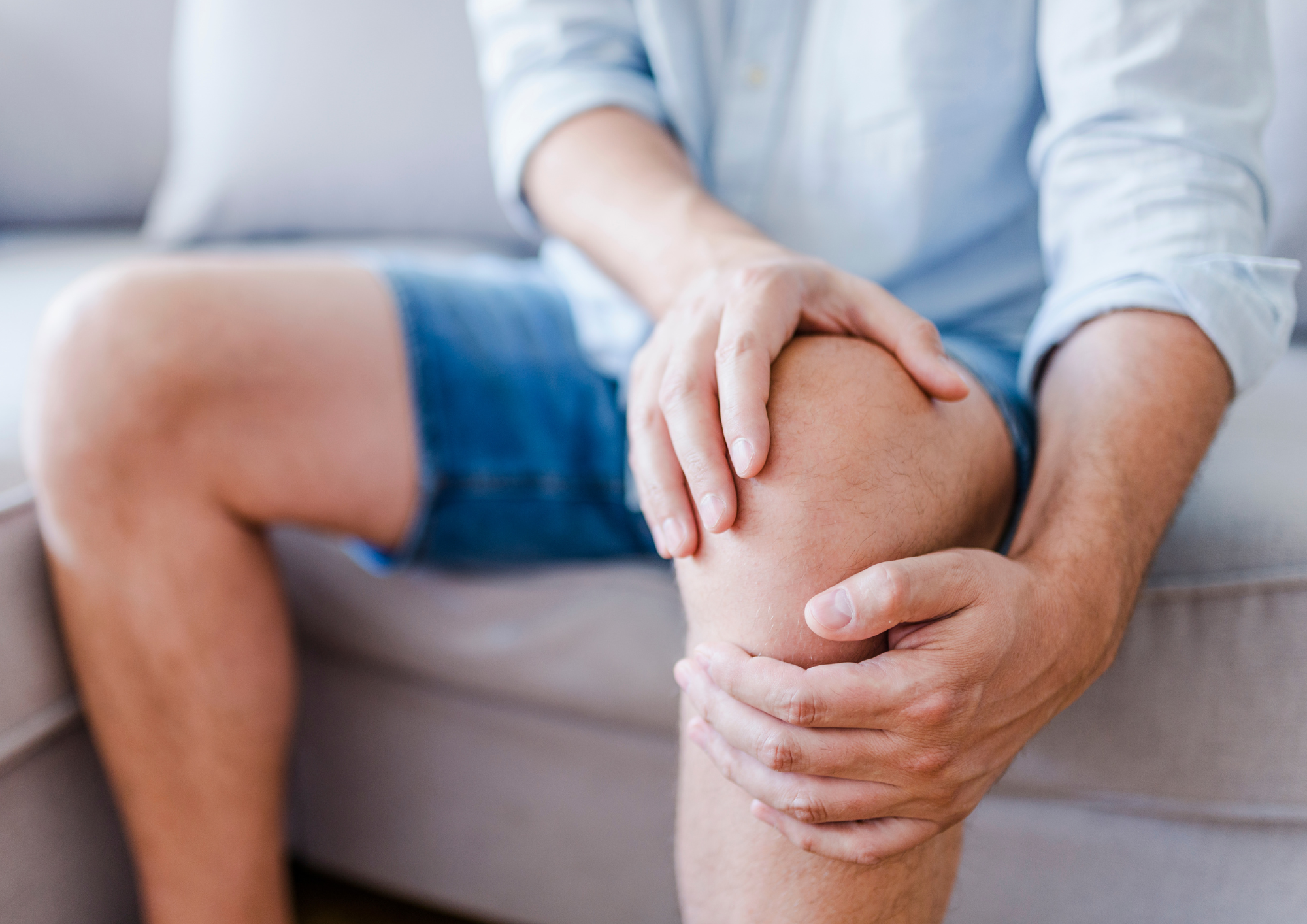.svg)
(905)-553-4814

info@chperformance.ca
.svg)
Follow Us On Social Media
book APPOINTMENT 

.svg)


.svg)


.svg)


.svg)


.svg)


.svg)


.svg)


.svg)


.svg)

Pelvic health physiotherapy is a specialized form of therapy dedicated to the well-being of the pelvic region, encompassing the pelvic floor muscles, organs, and surrounding tissues.
.svg)

Pelvic health physiotherapy is a specialized form of therapy dedicated to the well-being of the pelvic region, encompassing the pelvic floor muscles, organs, and surrounding tissues.
.svg)

Pelvic health physiotherapy is a specialized form of therapy dedicated to the well-being of the pelvic region, encompassing the pelvic floor muscles, organs, and surrounding tissues.
.svg)